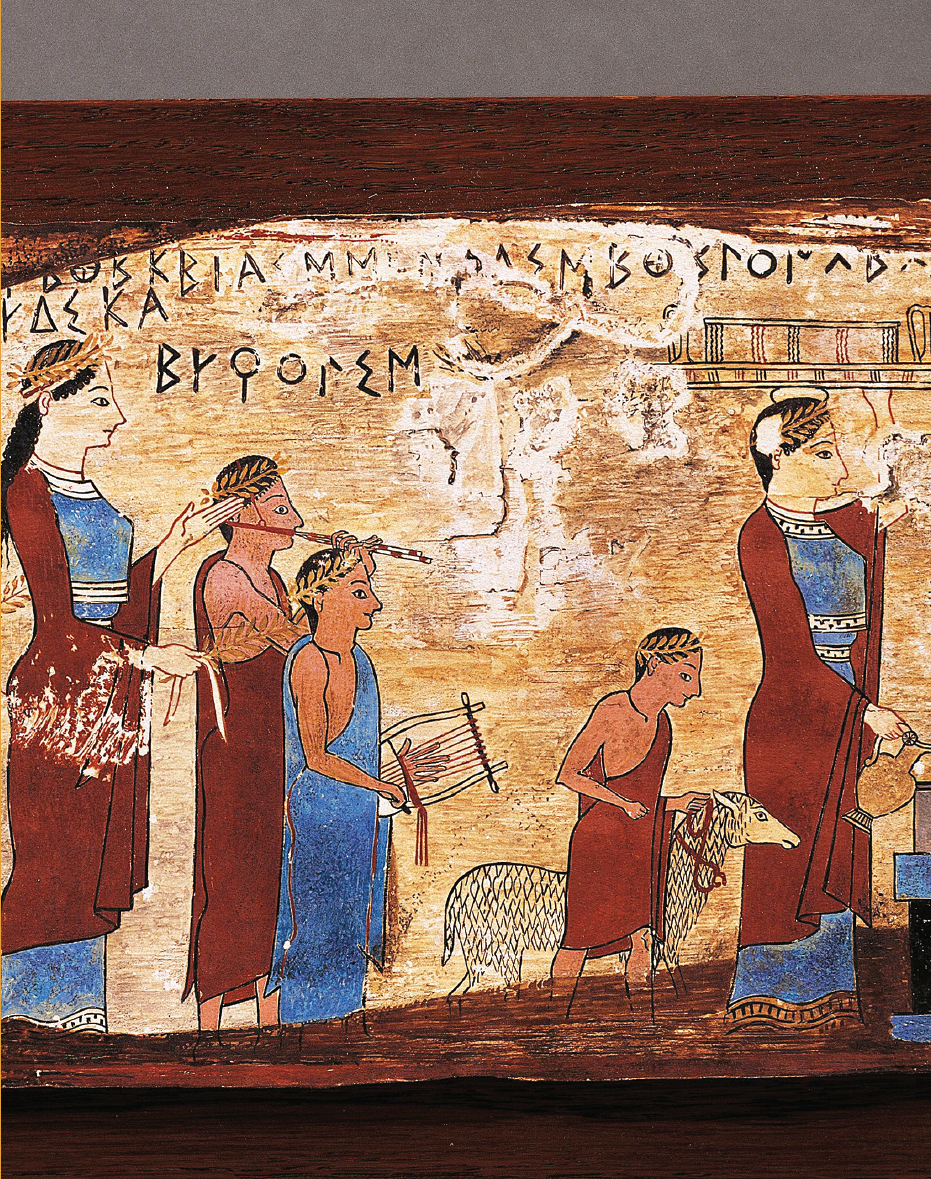Introduction for Chapter 3
3. The Development of Greek Society and Culture, CA. 3000–338 B.C.E.
>What forces shaped the development of Greek society and culture in the Archaic and classical periods? Chapter 3 examines the development of Greek civilization from the Bronze Age through Greece’s classical period. Although geographic conditions made farming difficult and limited the growth of early kingdoms, the people of ancient Greece built on the traditions and ideas of earlier societies to develop a culture that fundamentally shaped the intellectual and cultural traditions of Western civilization. The ancient Greeks were the first to explore many of the questions about the world around them and the place of humans in it, questions that continue to concern thinkers today. They developed ways of understanding and explaining the world around them, which grew into modern philosophy and science. They also created new political forms and new types of literature and art.
LearningCurve
After reading the chapter, use LearningCurve to retain what you’ve read.

>How did the geography of Greece shape its earliest kingdoms?
>What was the role of the polis in Greek society?
>What were the causes and consequences of the major wars of the classical period?
>What were the lasting cultural and intellectual achievements of the classical period?
| 3000 B.C.E. | ca. 600– |
| – Bronze tools and weapons become common in Greece | – Pre- |
| ca. 1900 B.C.E. | 500– |
| – Minoan culture begins to thrive on Crete | – Classical period; development of drama, philosophy, and major building projects in Athens |
| ca. 1650 B.C.E. | 499– |
| – Mycenaean culture develops in Greece | – Persian wars |
| ca. 1300– |
431– |
| – Bronze Age Collapse; migration, destruction | – Peloponnesian War |
| ca. 1100– |
427– |
| – Dark Age; population declines; trade decreases; writing disappears | – Life of Plato |
| ca. 800– |
384– |
| – Archaic age; rise of the polis; Greek colonization of the Mediterranean; Homer and Hesiod compose epics and poetry | – Life of Aristotle |
| ca. 750– |
371– |
| – Sparta expands and develops a military state | – Thebes, with an alliance of city- |
| ca. 600– |
338 B.C.E. |
| – Political reforms in Archaic Athens | – Philip II of Macedonia gains control of Greece |